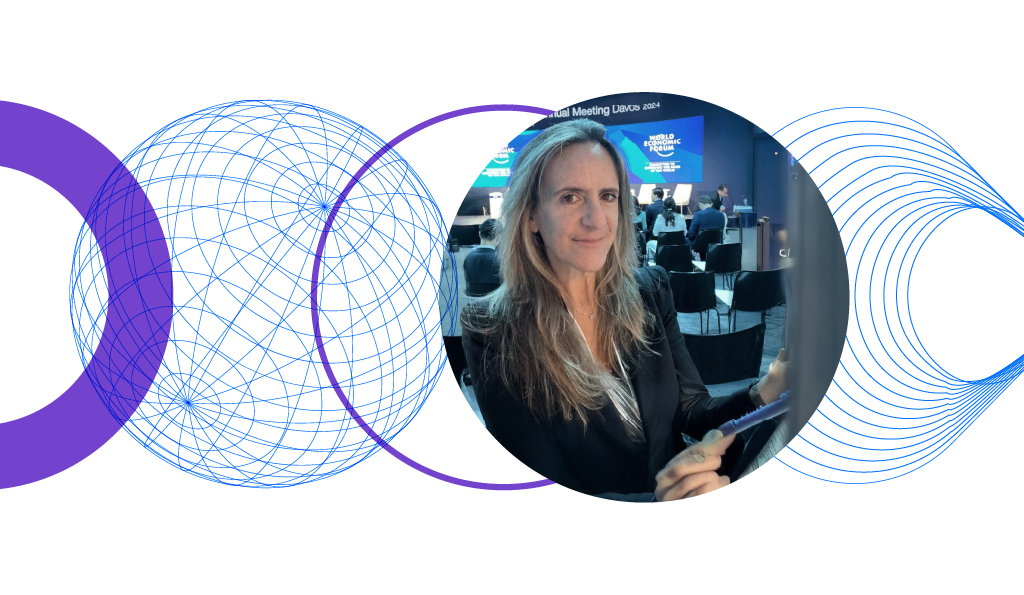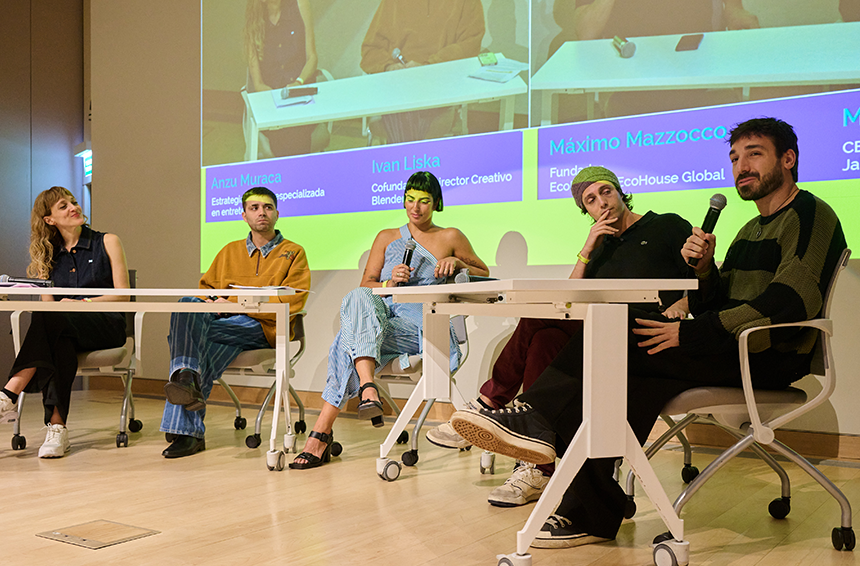by Matías Alurralde
AJ | Alurralde Jasper + Asoc. President
In three decades, we have experienced at least four revolutions in our profession.
From the 90s to the present day, communication has undergone great
transformations driven by technological and sociocultural changes. The
unidirectionality and centralized control of the mass media in the 80s. Then,
interactivity with the birth of the internet and digitalization in the 90s. In
the 2000s, social networks and virality. And finally, automation and
personalization in 2020 with artificial intelligence. Today – tomorrow we will
see – we are entering a stage in which we expect automation to be at the
service of more empathetic and efficient communication with augmented and human
reality. People who are over 50 years old have lived through these changes by
working, which gives us a perspective of what we are going to go through, even
if we do not know for sure where we are going to go. What we do know is that it
will be exciting.
At this time when the context is so changing and dynamic, our role as
communication consultants is to provide a thermometer that is sensitive and
generally measures broader territories than that of the company itself, its
competitors and its sector.
Listening becomes a key axis. Narratives define connection. Conversations evolve.
Technologies reconfigure links and communication becomes central.
Our work demands reputational consulting that helps leaders amplify the impact of
their actions without losing their ethics, authenticity, or focus on people.
The ability to lead, with more flexibility than ever, is even more decisive. People
urgently need to connect with authentic messages and leaders who prioritize
trust, transparency, and purpose and who are able to balance the efficiency of
machine advancement with human values.
We know that, faced with this scenario of high uncertainty, companies will have to
evaluate and decide to take higher risks to grow, sustain themselves or move
forward in the unknown. The adaptability of the business to the new paradigms
will require developing the necessary skills to guide change and know how to
mitigate internal and external resistance and crises. The multiplicity of
interlocutors and the reduction of structures in companies implies changing the
way things are done. That is an opportunity.
The pulse of the decisions changed; It requires another speed, strategy, agility
and muscle to define the new courses of action, because today communications
are more strategic than ever.




